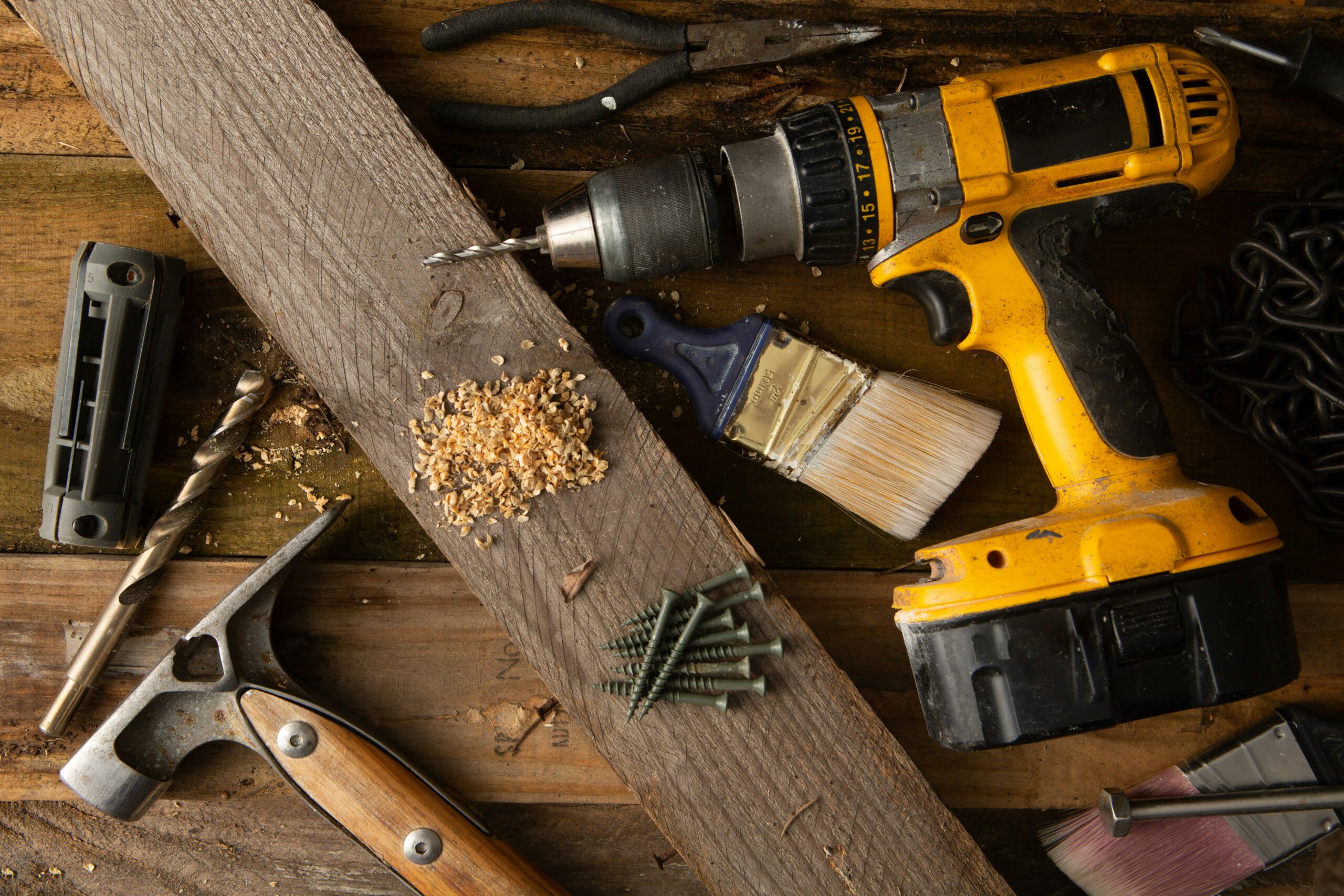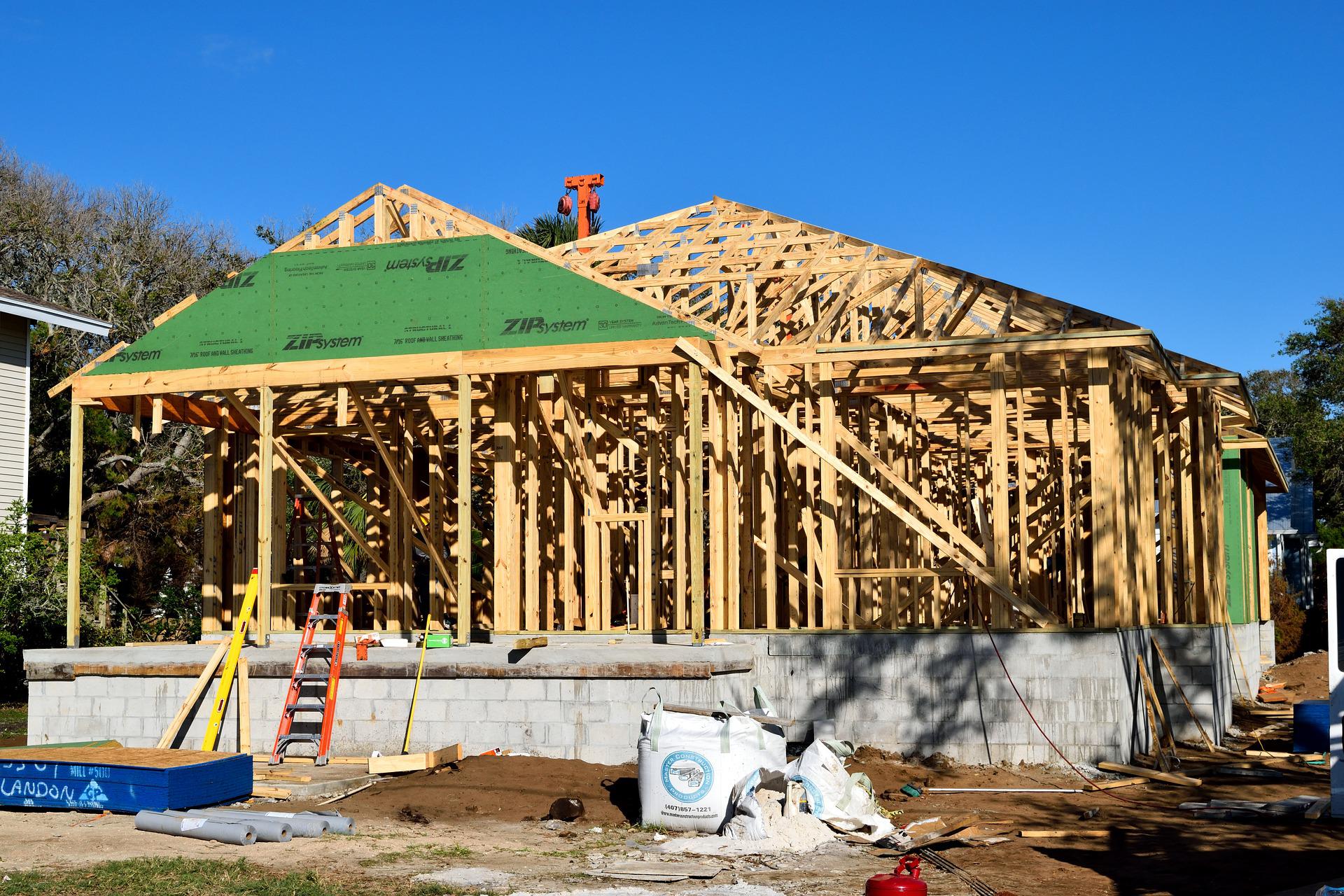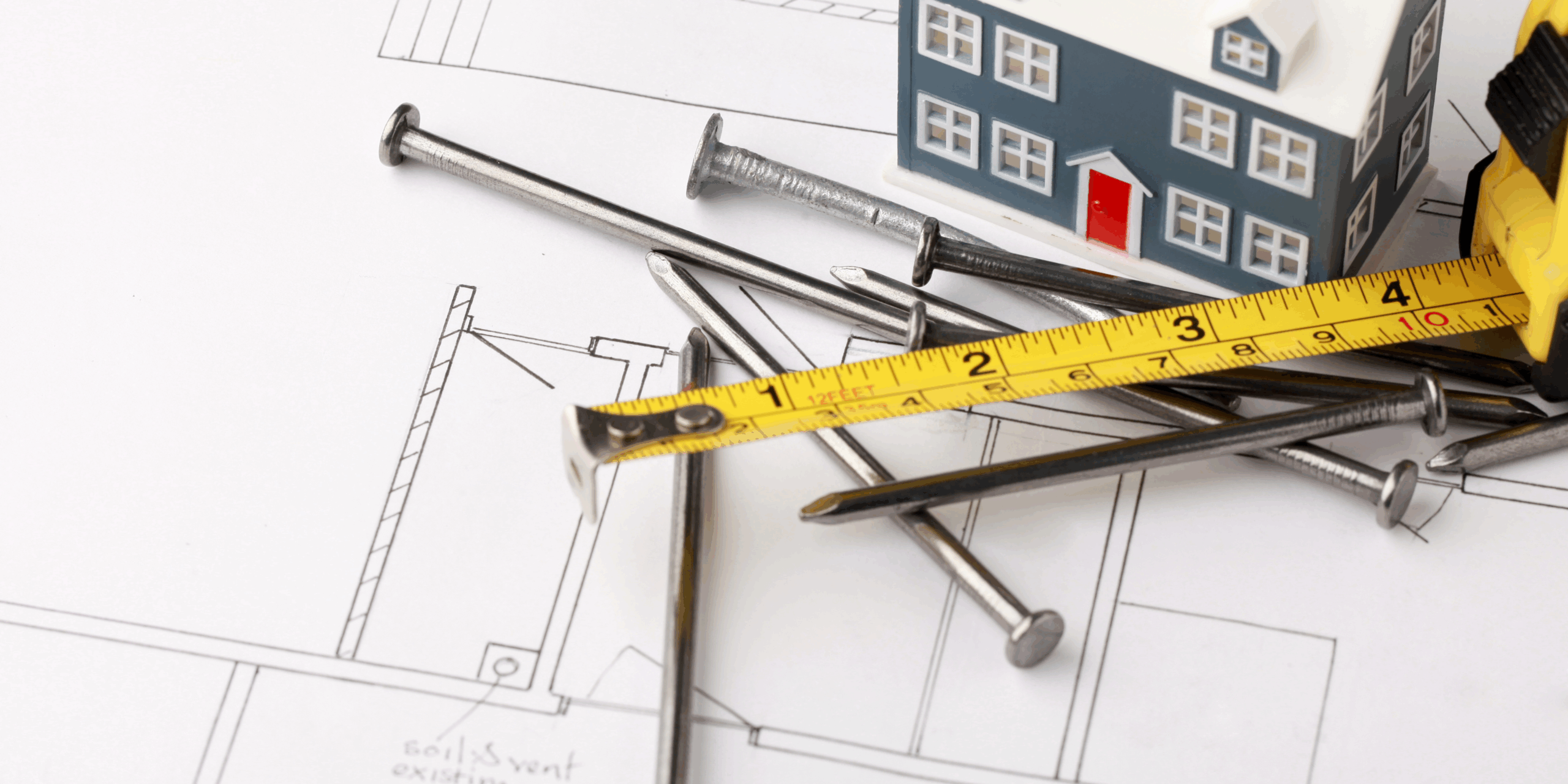

Texas is a unique state when it comes to lien laws, especially in the residential world. Unlike many states, Texas is a homestead state, meaning homesteads have specific regulations for their protection—but can still also be liened under specific circumstances. Throughout our work with residential contractors and subcontractors, we have found that many folks believe one of two extreme lines of thought regarding filing liens on homestead projects. Either they believe it is not an option, or that they can lien the homestead property just like any non-homestead property. However, neither of these beliefs are true, and many residential contractors lose out on their lien rights as a result. Our goal is to change that, so let’s take a look at liens on a homestead in Texas.
It is absolutely possible to file a valid mechanic’s or materialmen’s lien on a homestead property, but only if the original contractor follows the correct legal process for doing so. Unfortunately, whether a subcontractor can place liens on a homestead in Texas depends on whether the original contractor complied with the necessary steps allowing a valid lien on a homestead. Protections for homesteads against liens are based on the Texas Constitution and regulated by the Texas Property Code, both of which set out several steps that contractors must follow for a lien to be valid on a homestead. The specific steps an original contractor must follow depend on whether the original contractor has to perform new improvements or whether they will do repair or renovation work on existing improvements.
If the owner has hired the original contractor to build new improvements, the Texas Constitution only requires that the contract is in writing. In addition to that requirement, the Texas Property Code requires that the contract must set forth the terms of the agreement, be signed by the owner and owner’s spouse (if there is a spouse) before work commences and be recorded in the real property records. Because the contract must be recorded in the real property records, there is an additional requirement that the signatures be notarized since unsworn documents cannot be filed in the real property records. When residential contractors come to us wanting to enforce their lien rights on residential homestead property, the lack of notarized signatures is the most common barrier in making it happen because that requirement is not specifically stated in the statute.
Depend on the legal team at The Cromeens Law Firm for your lien and collection needs.
Though it is still possible to file liens on a homestead in Texas if you are working on a renovation or repair project for a homestead, it is essential to remember that the rules are different under the Texas constitution. When the original contractor is performing work for renovating or repairing an existing home, there are additional and significantly stricter requirements for filing a valid lien on a residential homestead. The original contractor, owner, and owner’s spouse must sign a written contract stating the terms of their agreement before the work begins and no more than five days after the owner has applied for credit to finance the work.
The contract must contain specific language explaining that the owner may cancel the contract without penalty within three days after all parties have signed the contract. The contract must then be signed by the owner and the owner’s spouse at the office of the lender financing the work, at an attorney’s office, or the office of a title company, and then filed in the real property records of the county in which the property is located. Though similar across the board, knowing the difference in these rules as opposed to those required for new works can make the difference between you filing a valid lien or an invalid one.
Ultimately, no contractor should lose out on their lien rights. Understanding the lien laws in your state is the key to collecting the funds you are owed for your hard work. It’s important to prioritize getting educated on your lien laws, especially when it comes to filing a lien on a residential property. Connect with a skilled construction attorney to ensure you are taking all the necessary steps to enforce your lien rights properly. You have the power to take advantage of your rights and protections and get your company paid.
This article is intended as a general educational overview of the subject matter and is not intended to be a comprehensive survey of recent jurisprudence, nor a substitute for legal advice for a specific legal matter. If you have a legal issue, please consult an attorney.
Karalynn Cromeens is the Owner and Managing Partner of The Cromeens Law Firm, PLLC, with over 17 years of experience in construction, real estate, and business law. A published author and passionate advocate for contractors, she has dedicated her career to protecting the businesses her clients have built. Karalynn is on a mission to educate subcontractors on their legal rights, which inspired her books Quit Getting Screwed and Quit Getting Stiffed, as well as her podcast and The Subcontractor Institute.

